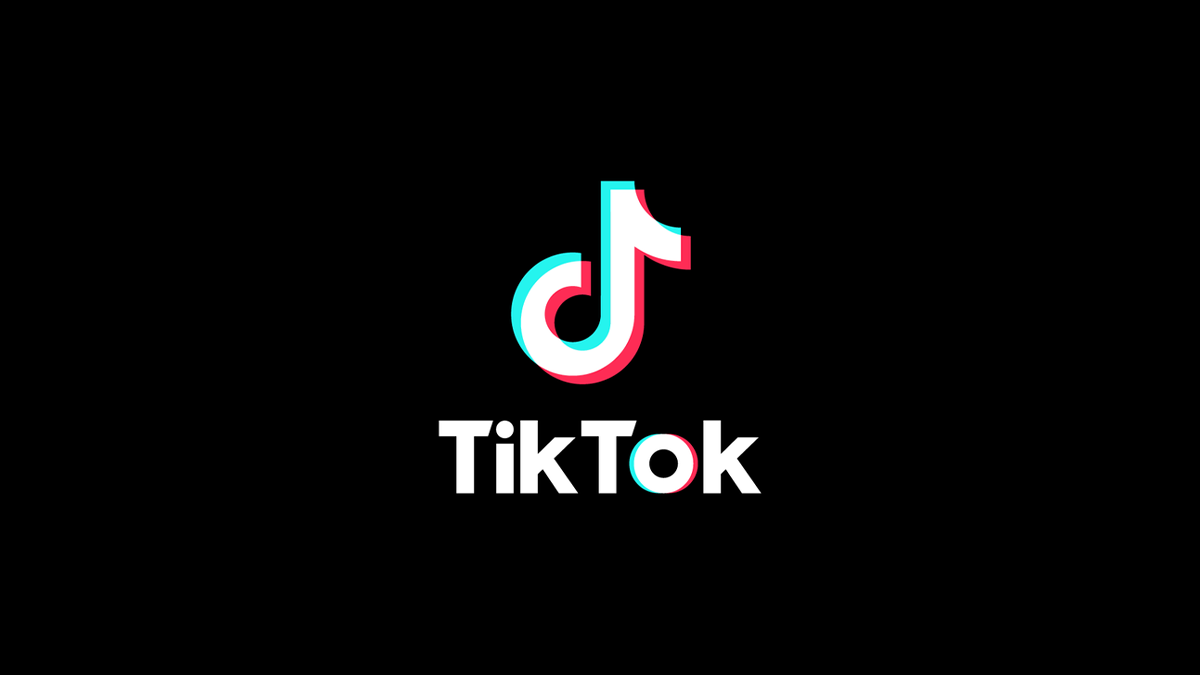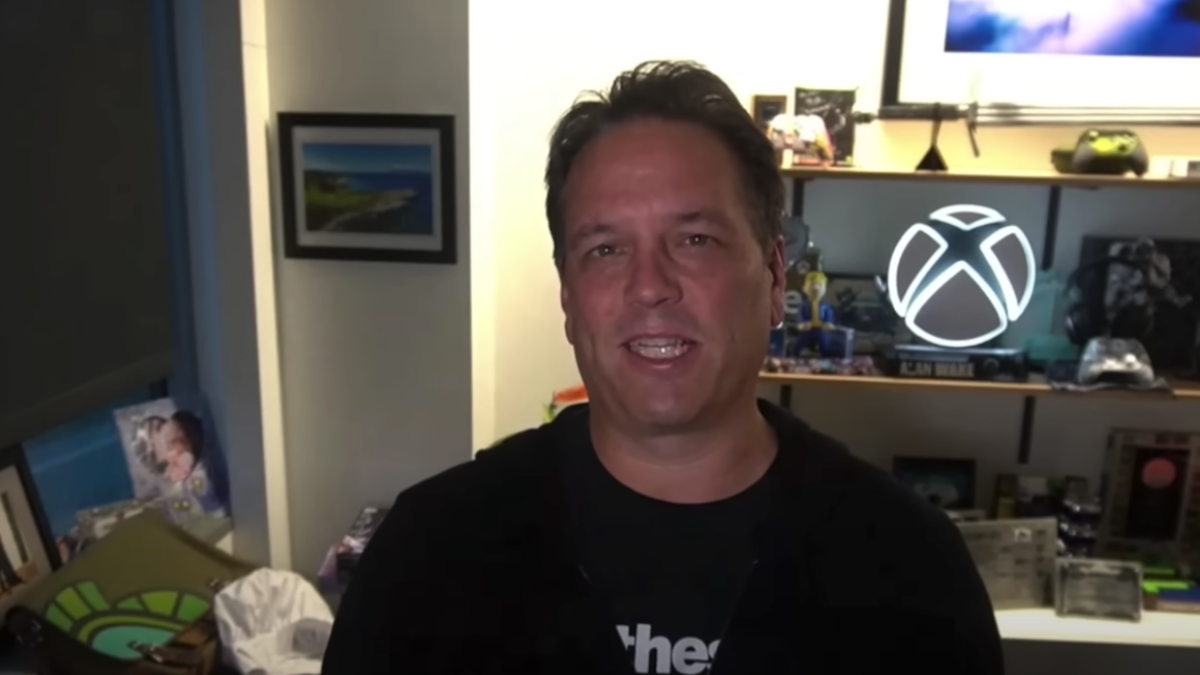Call of Duty won’t be on the Game Pass for the next couple of years.
An existing deal between Activision and Sony is preventing Microsoft from adding Call of Duty games to Xbox Game Pass. This has come as a surprise to the gaming community since Microsoft recently acquired Activision Blizzard, Call of Duty’s publisher.
But Microsoft recently revealed its response to the Competition and Market’s Authority’s review of the merger, addressing some concerns with the business deal. This included the impact of the competition between Xbox and PlayStation, including the consoles’ streaming and subscription services.
This included the confirmation of a tweet Phil Spencer, the head of Xbox, made earlier this year which stated Microsoft will be honoring “existing agreements” with Sony. These agreements include putting past and present CoD titles on Game Pass.
Previous concerns about the merger from Sony included CoD would appear on Microsoft’s subscription service while being full price on PlayStation consoles, undercutting Sony in the process. It’s now been confirmed this won’t happen for a number of years, although the exact years were not specified. Activision will be continuing its marketing deal with Sony as well, including PlayStation-exclusive perks.
After examining all of the evidence, the CMA has concluded the merger between Microsoft and Activision meets the requirements for a second investigation that’s more in-depth and handled by an independent panel. This will look into the deal further, evaluating if the deal will severely lessen the competition between the two consoles.
If the CMA finds the acquisition to severely impact the competition, it has the right to block the acquisition.
Microsoft didn’t believe in the investigation when it was first announced in September. It called the “theories of harm” not sufficient, adding Sony has participated in questionable conduct itself, like increasing console prices.
Microsoft’s statement read: “Sony is not vulnerable to a hypothetical foreclosure strategy, and the Referral Decision incorrectly relies on self-serving statements by Sony which significantly exaggerate the importance of Call of Duty to it and neglect to account for Sony’s clear ability to competitively respond.
“While Sony may not welcome competition, it has the ability to adapt and compete.”












Published: Oct 20, 2022 12:25 am